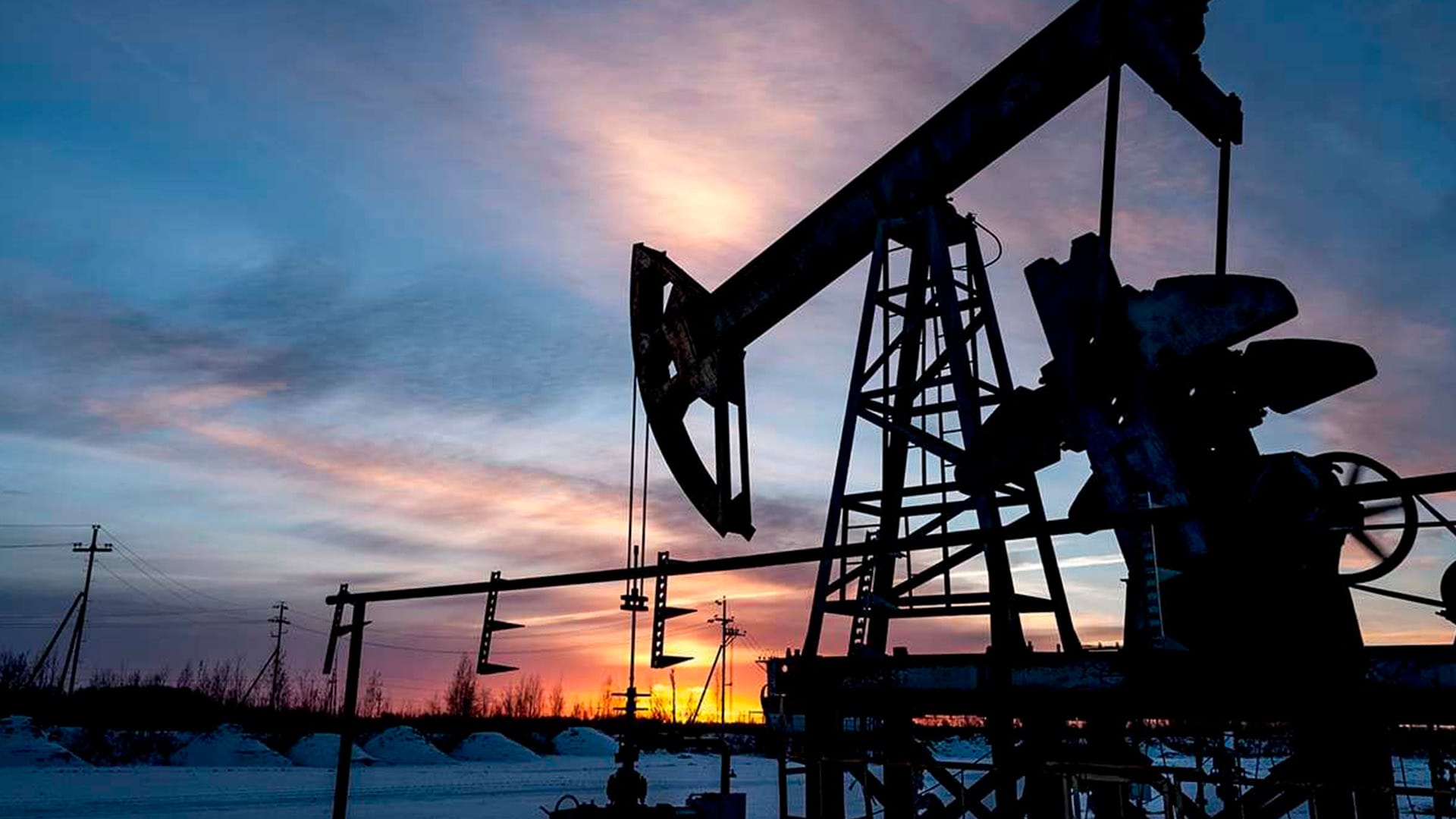Venezuela’s energy sector is complex and often shrouded in mystery. This article aims to shed light on the Corporación Venezolana del Petróleo (CVP), a critical player in the nation’s oil industry, and its role in shaping Venezuela’s energy landscape. We’ll examine its history, partnerships, challenges, and potential future, providing a comprehensive overview of this often-overlooked entity.
Understanding CVP’s Vital Role
The Corporación Venezolana del Petróleo, or CVP, acts as the primary link between Petróleos de Venezuela, S.A. (PDVSA), Venezuela’s national oil company, and international energy companies. CVP facilitates joint ventures, effectively acting as a bridge between PDVSA and global energy giants, fostering collaboration and attracting foreign investment.
The Evolution of CVP: From Domestic Focus to Global Partnerships
CVP’s history can be divided into two distinct phases. Initially established in 1960, CVP primarily addressed Venezuela’s domestic oil needs. However, it was dissolved in 1978, with its assets transferred to Corpoven. The CVP was resurrected in 1995 with a renewed focus: managing PDVSA’s joint ventures and international partnerships. This restructuring positioned CVP as a key player in attracting foreign investment and expertise to Venezuela’s oil sector.
CVP’s Operational Scope: Facilitating Joint Ventures
CVP’s core function is to cultivate and manage joint ventures between PDVSA and other oil companies. These partnerships pool resources, technology, and expertise, aiming to maximize oil production and attract crucial foreign investment. CVP’s role is essential in ensuring the smooth operation of these complex collaborations, effectively coordinating multiple stakeholders with diverse interests.
CVP’s Geographic Reach: Across Venezuela and the Orinoco Oil Belt
CVP’s operations extend across Venezuela, encompassing vital regions like the Orinoco Oil Belt, known for its vast heavy crude reserves, as well as the Western and Eastern regions of the country. These diverse projects underscore CVP’s significance in Venezuela’s overall oil production.
Navigating Challenges and Charting a Future Path
CVP, like any organization operating in a volatile global landscape, faces its share of challenges. International sanctions have undoubtedly complicated its operations and partnerships. The future of CVP remains uncertain, influenced by factors such as fluctuating oil prices, evolving geopolitical dynamics, and advancements in energy technology. Some experts suggest that CVP may diversify its activities, potentially exploring new partnerships beyond traditional oil ventures. A growing emphasis on sustainability and environmental responsibility could also shape CVP’s future trajectory.
PDVSA: Understanding Venezuela’s Main Oil Company and Its Impact
Petróleos de Venezuela S.A. (PDVSA) is the principal state-owned oil company in Venezuela, responsible for the majority of the nation’s oil exploration, production, refining, and marketing. Formed on August 30, 1975, after the nationalization of the Venezuelan oil industry, PDVSA consolidated previously private companies under state control. It also engages in orimulsion, chemical, petrochemical, and coal businesses. While Corporación Venezolana del Petróleo (CVP) historically held significant influence, it now functions as a PDVSA subsidiary managing joint ventures and external partnerships.
PDVSA’s production has plummeted in recent years due to a combination of factors including mismanagement, sanctions, and lack of investment, drastically impacting Venezuela’s economy. Data suggests output fell to approximately 400,000 barrels of oil per day in 2020, according to Minister Tarek El Aissami. The decline in production has dealt a substantial blow to the Venezuelan economy. With oil revenue being its budget’s lifeblood, fewer revenues mean less investment in critical areas like infrastructure, education, and healthcare, creating a cascade effect on businesses, jobs, and daily life. This raises questions about its sustainability and has prompted numerous theories regarding the causes of the decline. Despite its diminished capacity, PDVSA remains a critical player in Venezuela’s energy sector and a focal point for international political and economic discussions.
CVP and PDVSA: A Collaborative Partnership
CVP, now a subsidiary of PDVSA, plays a crucial role in managing PDVSA’s joint ventures and partnerships, particularly with international entities. This collaboration is vital for accessing technology, expertise, and capital, crucial for navigating the complex challenges facing Venezuela’s oil industry.
Who Owns Venezuela’s Oil Fields? Unraveling Ownership and Control
While PDVSA legally owns Venezuela’s oil fields, the reality of control is far more nuanced. The nationalization of the oil industry in 1976 placed ownership firmly in the hands of the Venezuelan state, via PDVSA. However, the subsequent “Internationalization Program” in 1982 initiated a series of joint ventures and partnerships with international oil companies. These collaborations often involved granting operational control and sharing profits with foreign entities, complicating the ownership picture. International sanctions have further muddied the waters, forcing PDVSA to restructure existing partnerships and seek new alliances, sometimes ceding more operational control to maintain production.
CVP’s Role in Navigating Complex Ownership Structures
CVP plays a vital role in managing these complex relationships between PDVSA and its foreign partners, negotiating agreements, and ensuring the smooth operation of joint ventures. This intermediating function is critical for attracting much-needed foreign investment, especially in the face of sanctions and declining production.
The Evolving Landscape of Venezuelan Oil Field Ownership
The future of Venezuelan oil field ownership remains uncertain, influenced by political changes, declining production, international sanctions, and the evolving global energy landscape. Ongoing research is vital to understanding these complexities and predicting potential outcomes.
Who’s Buying Venezuelan Oil Now? Post-Sanctions Trade Dynamics
The Venezuelan oil market has undergone a dramatic transformation due to international sanctions, primarily those imposed by the United States. While the U.S. was once the largest importer of Venezuelan oil, its purchases have significantly decreased. This shift has created opportunities for other countries, primarily in Asia, to become key buyers.
The Rise of Asian Buyers
China and India have emerged as major importers of Venezuelan oil, collectively receiving a substantial portion of Venezuela’s exports. These countries’ growing energy demands and willingness to engage with Venezuela despite sanctions have created a lifeline for the struggling Venezuelan economy.
Spain’s Resurgence and Other Emerging Markets
Spain’s recent surge in Venezuelan oil imports, reaching the highest level in two decades, raises interesting questions about the effectiveness of sanctions and evolving energy priorities. Furthermore, Venezuela continues to explore partnerships with other countries, including Mexico’s state-owned oil company, Pemex, and India, to diversify its market reach and mitigate economic challenges. Venezuela is selling its oil at around $40 a barrel, far below the $118 needed for budget balance. This financial strain adds urgency to diversifying trade partners.
The Uncertain Future of Venezuelan Oil Trade
While new partnerships offer a lifeline, Venezuela continues to grapple with declining oil production and attracting foreign investment, hindering its ability to fully capitalize on market opportunities. The future of Venezuelan oil trade remains complex and uncertain. Further research is needed to understand the long-term consequences of these shifts in the oil markets and their impact on Venezuela’s economy and geopolitical relationships.
Condoleezza Rice, a prominent figure who has served as both Secretary of State and National Security Advisor, has achieved considerable financial success. You can learn more about her financial standing by visiting Condoleezza Rice’s net worth. This seemingly unrelated detail serves as a reminder of the interconnectedness of global politics, economics, and the energy sector, all of which play a role in shaping Venezuela’s future.
- SYBAU See You Baby Meaning: Gen Z Slang Evolves - July 1, 2025
- Unlock Your Inner Youth: Lifestyle Secrets for a Vibrant Life - July 1, 2025
- Decode SYBAU Meaning: Gen Z Slang Explained - July 1, 2025







1 thought on “CVP (Corporación Venezolana del Petróleo): An In-Depth Look at Venezuela’s Joint Venture Powerhouse”
Comments are closed.